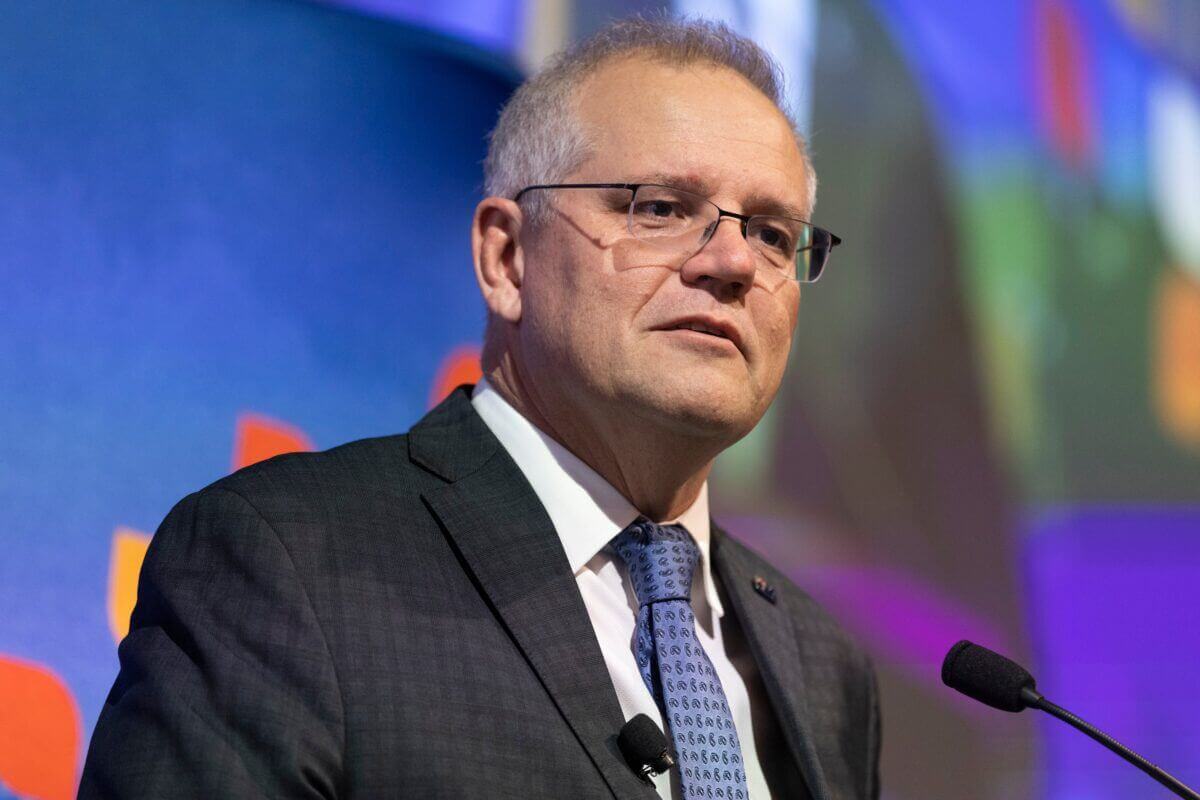Australia’s Prime Minister Scott Morrison engaged in several bilateral and trilateral meetings with leaders of the world’s major democracies during the G7 Plus Summit held in Cornwall, United Kingdom (UK) from June 11 to 13.
A press release issued by the Prime Minister's office stated that Morrison agreed to various trade, security, military and climate-related partnerships and also expressed willingness to join the “High Ambition Coalition (HAC) for Nature and People,” which is a coalition of 60 countries formed to protect biodiversity.
During a press conference on June 11, Morrison laid down the issues he looked forward to discussing with his allies and the leaders of G7. The PM primarily wanted to focus on the challenges posed by the COVID-19 pandemic and reaffirmed his commitment to providing 20 million doses to the developing countries as part of the initiative led by his British counterpart to vaccinate the world by next year. Apart from the challenges posed by the pandemic, Morrison sought to use the summit to discuss trade agreements, Indo-Pacific security, defence cooperation, technology exchange, climate change, a rules based-order and securing a free and open trade channel with other regions.
In a trilateral meeting held on June 12, the Australian PM met US President Biden and his British counterpart Boris Johnson in Carbis Bay. The three leaders discussed several pressing issues, including free trade agreements and changing dynamics across the Indo-Pacific region. To this end, they agreed on the need for deeper strategic partnership and cooperation to counter the threats rising in the region. Australia also welcomed joint naval exercises in the Indo-Pacific region with the British navy, led by HMS Queen Elizabeth.
During his discussion with German Chancellor Angela Merkel, PM Morrison reiterated his commitment to the Paris Agreement and agreed to establish a partnership to achieve net-zero emissions. The leaders also announced the “Australia-Germany Hydrogen Accord” while considering the need for low emissions technology to keep the goal of 1.5-degree temperature within reach. The accord, which was formally signed on June 11, will ensure cooperation “in technology innovation, research, development and deployment to build a global hydrogen industry.”
Next, according to the Ministry of Foreign Affairs of Japan, Morrison met his Japanese counterpart Suga Yoshihide over breakfast for about 60 minutes on June 13 and extensively discussed strategies to achieve net-zero emissions by 2050. The countries reaffirmed their commitment towards a “free and open Indo-Pacific” and committed to deepening bilateral ties and cooperation. Building on a virtual meeting at a Leader’s conference with the US and India in March, both countries agreed to cooperate with the other two Quad countries. The leaders also agreed to advance their ties and cooperation on economic growth with ASEAN and European countries. Morrison and Yoshihide also discussed bilateral ties and jointly announced their partnership on decarbonisation via technology. The partnership includes “support to energy transitions in Asia and other regions.” Japan and Australia also presented a united front in their opposition against attempts to change the status quo across the Indo-Pacific region and economic coercion. Towards the end of the meeting, Morrison stood in solidarity with Japan’s decision of holding the Olympic and Paralympic games.
Also Read: Japan, Australia Reaffirm Indo-Pacific Strategic Partnership in 2+2 Meeting
On Monday, Morrison met President of South Korea Moon Jae-in. During the meeting, Australia and South Korea marked 60 years of cooperation and diplomatic relations. The two sides discussed their commitment to low carbon technology and agreed to cooperate on defence and global supply chains, and “to strengthen low carbon technology.” The countries also pledged to maintain peace in the region.
Also Read: Growing Anti-China Sentiment is Strengthening the Quad
Through its presence at the G7 Summit, Australia successfully managed to bolster existing alliances and garner further support in dealing with threats in the Indo-Pacific. Alongside boosting military and defence ties, Morrison also used the Summit to expand trade and reiterate its commitment to the principles of the Paris Agreement.

